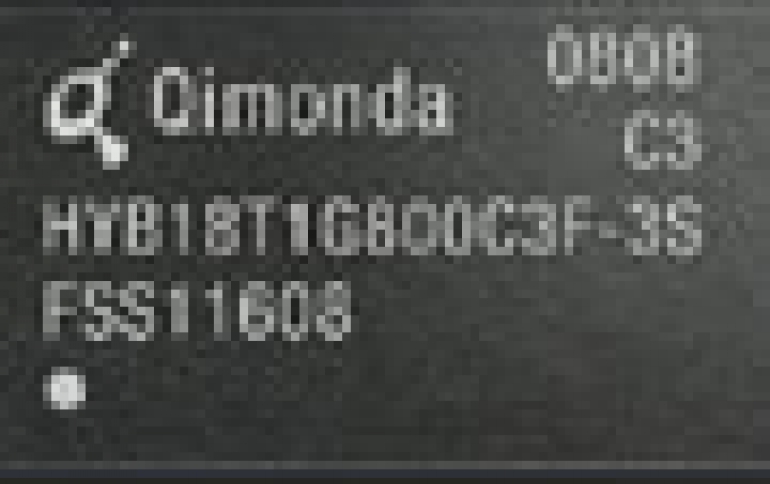
Qimonda Files For Insolvency, Samsung Posts Losses
German chipmaker Qimonda filed for insolvency on Friday after last-ditch talks to secure a state-led rescue failed.
Qimonda said it filed an application to open insolvency proceedings, aiming to reorganize operations as part of an ongoing restructuring program -- just nine days after a similar move by Canadian telecoms gear maker Nortel Networks.
Qimonda's parent company, Infineon, said it expected to make provisions in the hundreds of millions of euros.
Qimonda has been struggling with a slump in prices for dynamic random access memory chips.
"German insolvency law offers the opportunity to accelerate the restructuring process that has already been started in order to reposition the company back onto a solid base," said Kin Wah Loh, President and Chief Executive Officer of Qimonda AG.
"Qimonda has considerable potential for successful repositioning thanks to its leading-edge and innovative Buried Wordline technology, a strong product portfolio, particularly in the areas of graphics and infrastructure, and more than 20,000 patents and patent applications," the company said in a press release. "The Qimonda Management Board will do its utmost, subject to the agreement of the preliminary insolvency administrator, to secure the financial funds necessary for the company?s reorganization in negotiations with potential lenders and investors. Given Qimonda?s technological strengths, the Board sees good chances for success."
Samsung Electronics also posted its first-ever quarterly loss, in the latest signs of recession hitting the technology sector.
Samsung said oversupply and uncertain demand on the chip market would continue, while it posted its first-ever quarterly loss, joining a host of technology companies including Microsoft and Nokia suffering from diving prices and slumping consumer demand.
Samsung posted a fourth-quarter operating loss of 937 billion won ($682 million).
Qimonda's parent company, Infineon, said it expected to make provisions in the hundreds of millions of euros.
Qimonda has been struggling with a slump in prices for dynamic random access memory chips.
"German insolvency law offers the opportunity to accelerate the restructuring process that has already been started in order to reposition the company back onto a solid base," said Kin Wah Loh, President and Chief Executive Officer of Qimonda AG.
"Qimonda has considerable potential for successful repositioning thanks to its leading-edge and innovative Buried Wordline technology, a strong product portfolio, particularly in the areas of graphics and infrastructure, and more than 20,000 patents and patent applications," the company said in a press release. "The Qimonda Management Board will do its utmost, subject to the agreement of the preliminary insolvency administrator, to secure the financial funds necessary for the company?s reorganization in negotiations with potential lenders and investors. Given Qimonda?s technological strengths, the Board sees good chances for success."
Samsung Electronics also posted its first-ever quarterly loss, in the latest signs of recession hitting the technology sector.
Samsung said oversupply and uncertain demand on the chip market would continue, while it posted its first-ever quarterly loss, joining a host of technology companies including Microsoft and Nokia suffering from diving prices and slumping consumer demand.
Samsung posted a fourth-quarter operating loss of 937 billion won ($682 million).





















